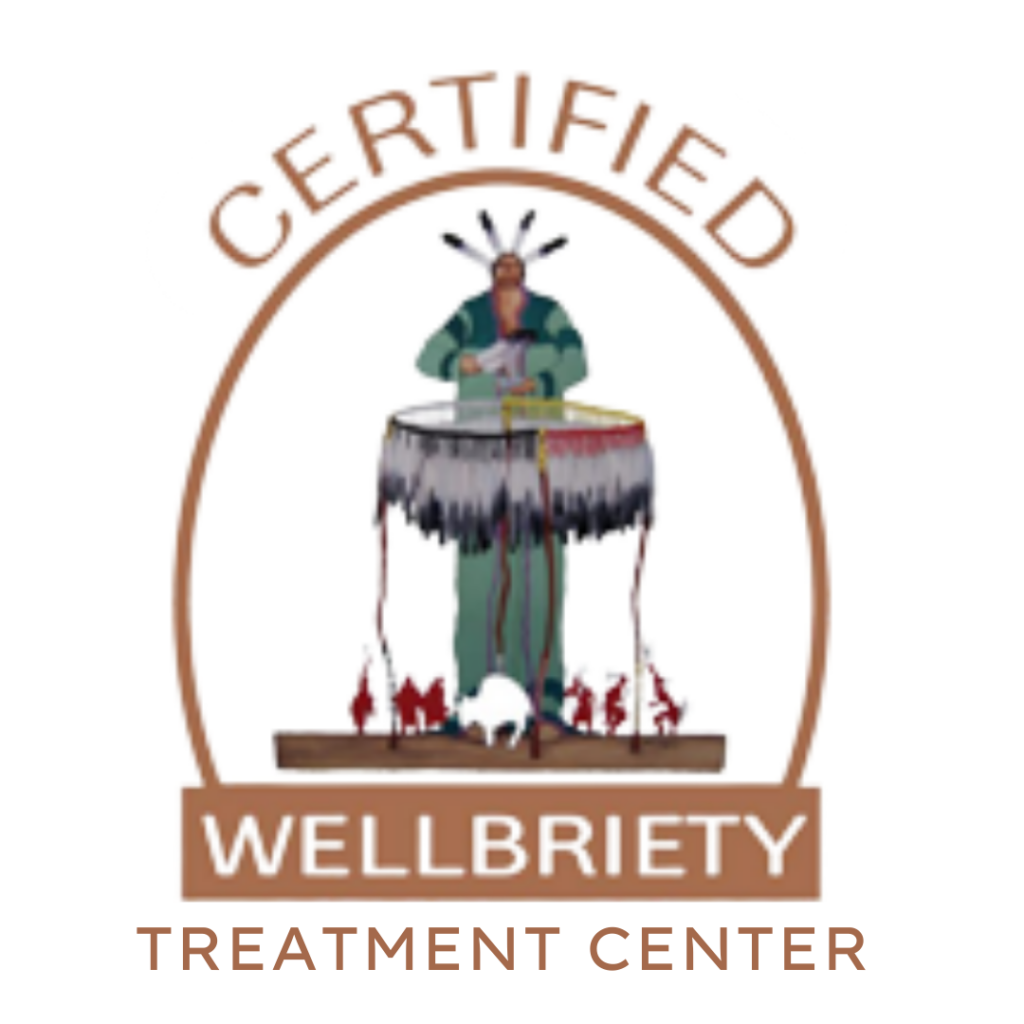You’ve been sober for several months. Everything is going great— you’re working a program, you have a good job, your support network is strong. You seem to be making progress all around. And one night, you relapse. You’re confused and scared, and you aren’t sure what to do next. You’re afraid to tell someone for any number of reasons: you don’t want to disappoint/hurt others, you don’t want to go back to treatment, you don’t want to lose your job or your spot at the sober living home… and the list goes on.
But it’s critical that you tell someone when you’ve relapsed— and not just because the proof will turn up on a UA test at home or at work. Recovery is a journey, and every journey has speed bumps. To ensure that your relapse is only a speed bump on your sober road, you need to reach out. Relapse is not failure; remind yourself of this and reach out to someone. Once you’ve done so:
Accept the facts. If you are still in an outpatient or sober living program, you may be required to go back to treatment. If you are living independently, it might be in your best interest to return to rehab; whether or not you choose to do so, you’ll probably need to make some life changes. You may have to put everyday life on hold for a bit while you re-build the foundation of recovery. When you relapsed, you made a decision, pre-meditated or not, and that decision is not without consequences.
And your emotions. You may feel any number of emotions after a relapse: shame, pain, guilt, even worthlessness or hopelessness. Let yourself feel these emotions, rather than trying to cover them up, and move forward. It’s important to recognize how you feel, negative or positive, to deal with things in healthy ways.
Take inventory. Be honest with yourself. Have you been working a program, or have you made recovery less of a priority than you did when you last got out of treatment? It’s important that you determine what you have and have not been doing, and what you should and should not be doing, for your recovery. Make a list of everything that you do on a weekly basis that directly supports your recovery efforts; this is for your benefit, so if you went to just one meeting last week, don’t write down that you went to three because you had intended to do so.
Ask your sponsor and counselor for guidance when taking this inventory. Why do they think you relapsed? What can you do to keep it from happening again? They may suggest planning your week around recovery, attending more meetings, sponsoring someone else, or re-working the steps.
Spend time self-reflecting. The reality is that you’re probably going to have a lot of downtime in detox/inpatient. Take this time to self-reflect, difficult as it may be. Understanding your emotions and considering recent goings-on in your life may give you mental clarity and help you to move forward in your recovery.
If you’re going to be in a detox or inpatient setting, participate in group and be open with your therapist. Action is key to staying motivated, so take advantage of your free time with the resources that you have available to you.
Royal Life Centers at the Haven understands the strain associated with relapse, which is why everything we do is guest-oriented. We are a full-service drug and alcohol detox facility and treat dependence on alcohol, cocaine, methamphetamine, opioids, and benzodiazepines. Our admissions team is available 24/7 at (877)-RECOVERY to answer any questions you may have about treatment.
























